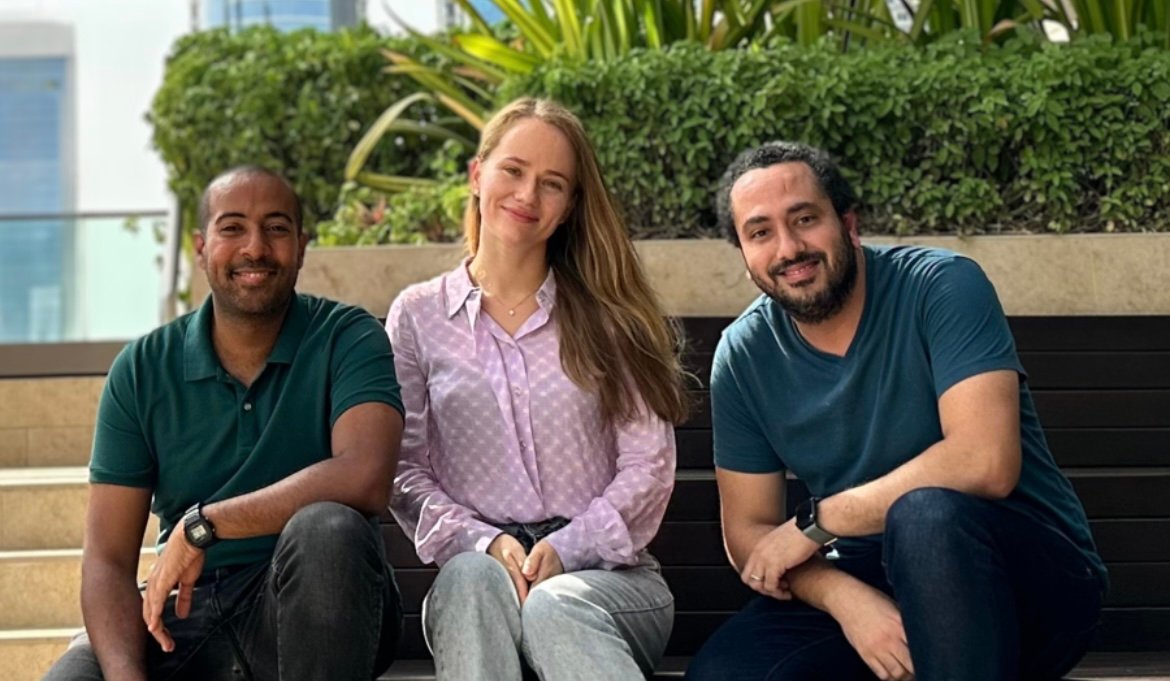The payment landscape in the Middle East and Africa (MEA) region is a complex and dynamic space, characterized by fragmentation, evolving regulations, and diverse customer preferences. This presents numerous challenges for merchants, such as payment fraud and high transaction failure rates.
In recent years, the COVID-19 pandemic has accelerated the adoption of digital payments in the region. However, infrastructure development remains inadequate, leading to significantly higher payment failure rates in the MEA compared to the global average. This, coupled with higher fraud rates and cart abandonment, has led merchants to view payments as a cost and risk center rather than a strategic enabler.
To address these challenges, payment orchestration platforms have emerged as a solution, offering merchants unified payment APIs. One such platform, Egyptian fintech MoneyHash, has raised $4.5 million in seed investment, which will be used to further develop its technology and expand its presence in the MEA region. This follows a previous pre-seed investment of $3.5 million.
Nader Abdelrazik, co-founder and CEO of MoneyHash, believes that the region’s inevitable growth in digital payments over the next decade places the platform in a unique position. However, as the market continues to develop, it will also require patience and a commitment to continuous learning.
“Businesses appreciate the large network of integration we have not just for coverage but for expertise…working with us makes them future-proof.”
– Nader Abdelrazik, co-founder and CEO of MoneyHash
As businesses expand and operate in multiple regions, they often onboard various payment providers to meet their evolving needs. However, this process presents significant challenges, including operational inefficiencies and technical complexities. In-house tech teams may take several weeks to complete these integrations, further complicated by variations in payment methods, currencies, and country-specific differences in the MEA region.
MoneyHash’s product includes a unified API for integrating pay-in and pay-out rails, a customizable checkout experience, transaction routing capabilities, fraud and failure rate optimizers, and a centralized transaction reporting hub. It also offers tools for virtual wallets, subscription management, and payment links. Other players in the payment orchestration space in the MEA region include Revio, Stitch, Credrails, and Recital.
In an email interview with TechCrunch, Abdelrazik shared insights into MoneyHash’s collaboration with merchants over the last four years. He notes that payment failure rates can vary significantly across the region, and relying solely on averages can be misleading. Additionally, these figures do not account for customers who voluntarily abandon the checkout process before making a payment.
The CEO also highlights that merchants often outpace their partner payment service providers (PSPs) in terms of growth. However, the stringent regulations under which these PSPs operate can lead to slower rollout of new products and customizations. As a result, MoneyHash has focused on collaborating closely with PSPs, particularly those serving enterprises, to prioritize customer requirements and provide a seamless payment experience.
Following a successful Beta launch in 2022, which saw participation from key regional players like Foodics, Rain, and Tamatem, MoneyHash released its enterprise suite in October last year. In the past year, the fintech claims to have expanded its integration network, tripled its revenue, and increased its processing volume by 3,000%. It currently has 50 active paying customers and over 100 potential clients accessing its sandbox without payment during the assessment stage.
The payment orchestration platform operates on a combination of SaaS and transaction fees, with fees starting at $500 + 0.4%. For large enterprises, transaction fees decrease significantly due to higher volume, while SaaS fees increase. MoneyHash’s recent $4.5 million seed round was co-led by COTU Ventures and Sukna Ventures, with participation from RZM Investment, Dubai Future District Fund, VentureFriends, Tom Preston-Werner (founder of GitHub and early investor in Stripe), and a group of strategic investors and operators.
Amir Farha, general partner at COTU, believes that MoneyHash’s platform can catalyze the growth of digital payments in MEA, enabling both global and local merchants to tap into new revenue streams. He also praises the team’s consistent execution in securing top mid-market and enterprise customers, even under challenging market conditions.








